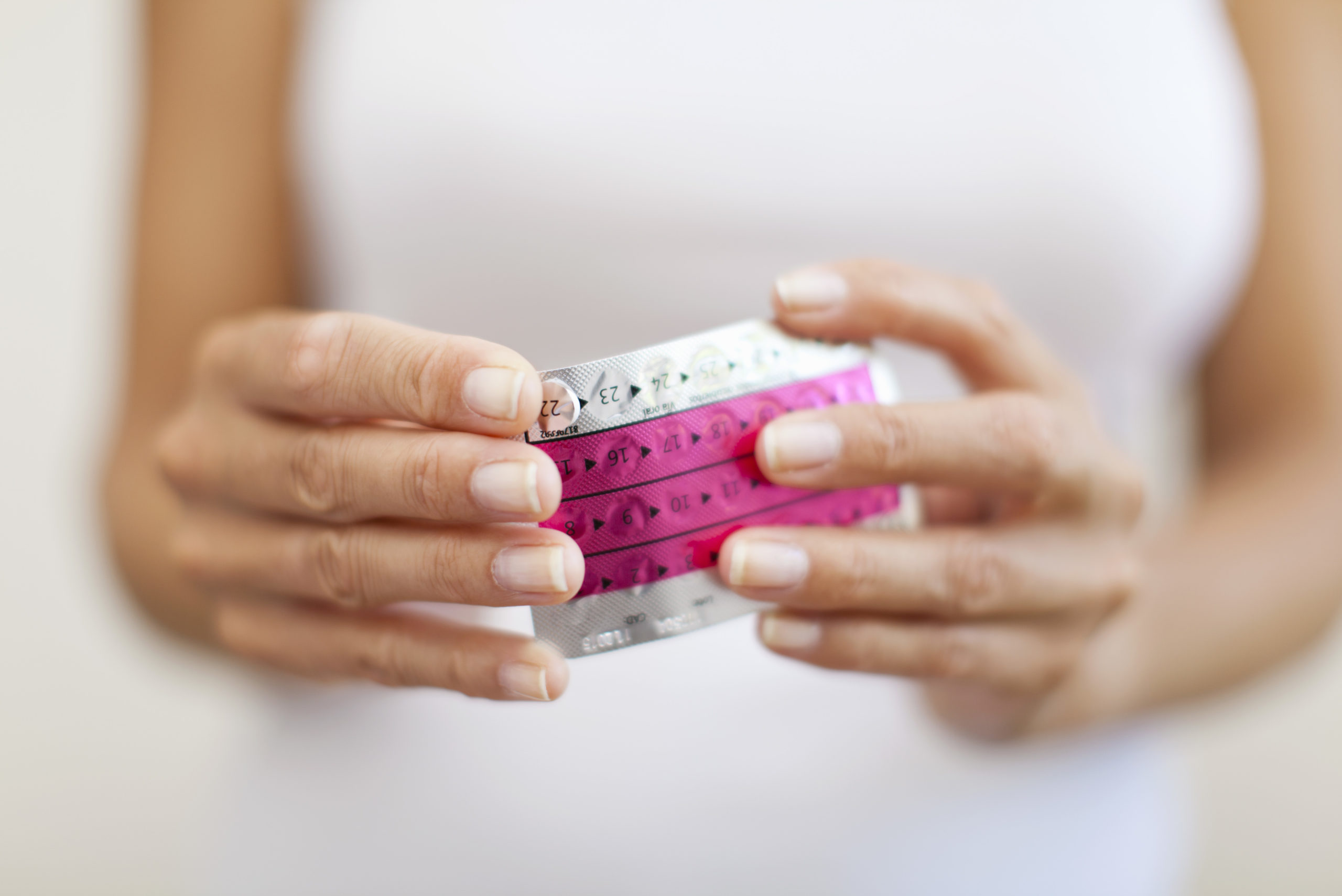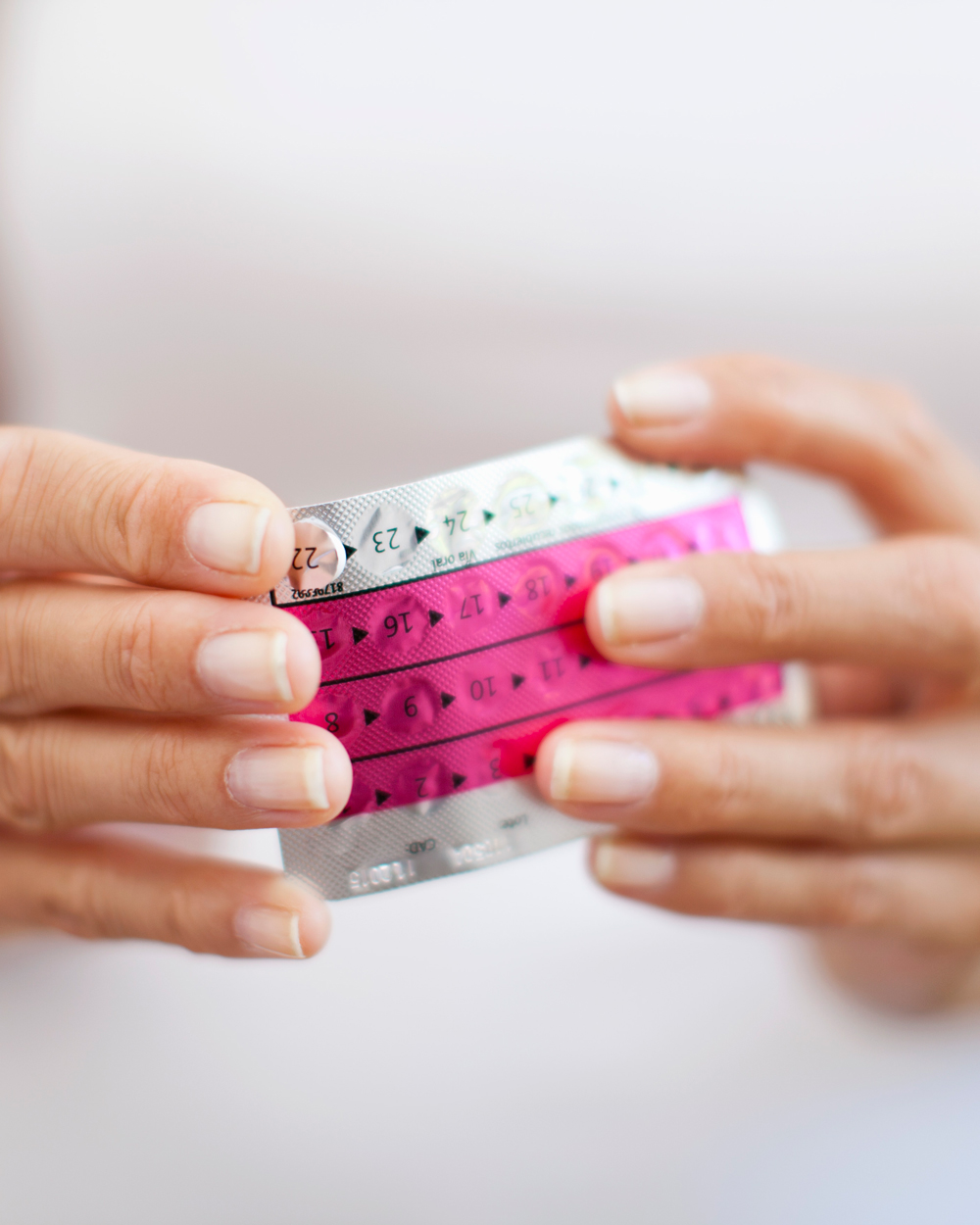
The research, conducted by the Karolinska Instuet in Stockholm, adds further weight to calls for the contraceptive pill’s negative side effects to be looked into
A new study has confirmed that hormonal contraceptives are having negative impacts on the ‘wellbeing’ of otherwise ‘healthy women’. The research, conducted by the Karolinska Instuet in Stockholm, is the latest in a line of studies, including The Debrief’s own Mad About The Pill investigation, which have drawn attention to the negative side effects of the pill.
340 women aged 18 to 35 took part in the study. They were either given placebos or contraceptive pills containing the most commonly prescribed hormone combination, ethinylestradiol and levonorgestrel. The women who were given the contraceptive pills estimated that their quality of life was lower than those who were taking placebos. This was in terms of their mood, general wellbeing, self-control and energy levels.
These findings go some way towards confirming what many women who have taken or are taking the pill already know. The history of women saying that the hormones in the pill have had a negative effect on their wellbeing is long, the problem is that the science and research to back them up is only just starting to emerge.
The Debrief spoke to Professor Angelica Linden Hirschberg, who led the study. She said ‘despite the fact an estimated 100 million women around the world use contraceptive pills we know surprisingly little about the pill’s effect on women’s health. The scientific base is very limited as regards the side effects the contraceptive pill’s effect on quality of life and depression and there is a great need for randomised studies where it is compared with placebos.’
Professor Hirschberg explained that the study began in 2010 because she ‘identified a lack of knowledge regarding a causal effect of oral contraceptives on life quality and depression in women.’ She thinks that there is a lack of information available to women, ‘we know that the pill is extremely efficient and we know a lot about risks such as thrombosis but effects on “soft values” such as life quality and well-being are less known.’
Going forwards Professor Hirschberg says that this study ‘could be of clinical significance to individual women and it’s important to be aware of this potential side effect.’
These new findings are consistent with a landmark study published by the University of Copenhagen last year which found a correlation between taking the contraceptive pill and experiencing depression.
The contraceptive pill has undoubtedly revolutionised the lives of women around the world since it’s invention. But it is by no means perfect, in fact, as Mad About The Pill demonstrated there’s evidence that the negative side effects of the pill have been wilfully overlooked and brushed under the carpet, despite there being a generally agreed consensus amongst medical experts that synthetic hormones can negatively impact women’s mental health. This has left women feeling dismissed and unsupported when they experienced mental health problems which, they feel, are associated with their pill. Given that women report side effects ranging from low libido to depression, anxiety to panic attacks and, even suicidal thoughts it’s clear that studies like Professor Hirschberg’s are urgently needed.
Until more research is done women are not being given the information they need to make informed choices about their reproductive and mental health.






